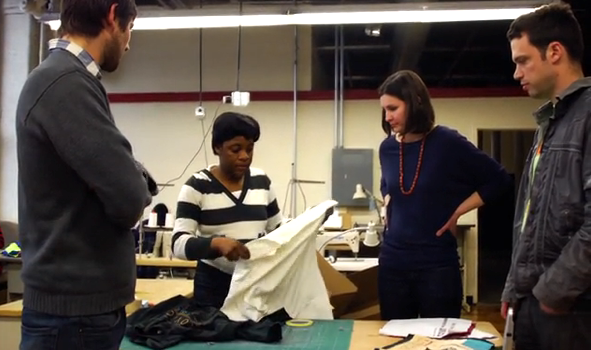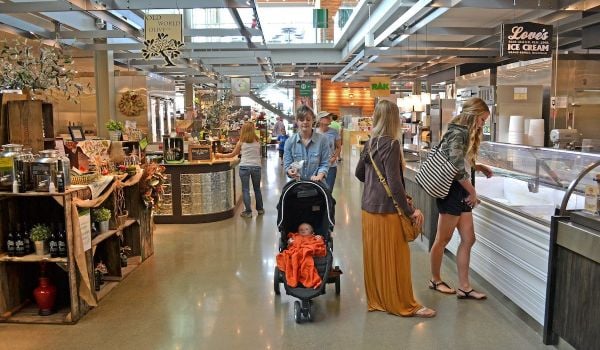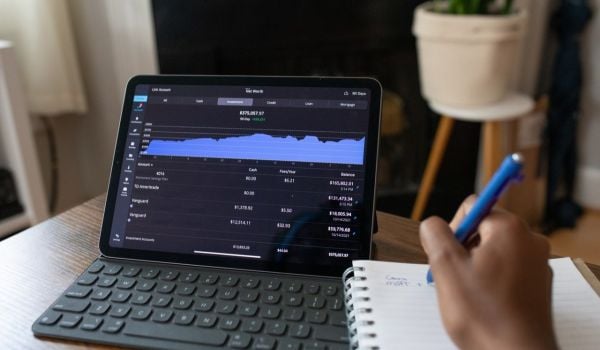Planet Money’s Adam Davidson has a story in this weekend’s New York Times Magazine about what he calls the “t-shirt phase.” Basically: Most rich countries go through an economic growth period where an excess of poor farmers work for low wages in unsafe textile factories.
Britain, Davidson notes, went through its t-shirt phase in the late 18th century. America has gone through two — New England in the 19th century and the South in the 20th. The t-shirt phase is ruled by a “race to the bottom,” where factory owners strive for the lowest price, achieved by hiring workers on the cheap. If your price is literally pennies cheaper than the opposition, you’re primed to cash in with big mass-market companies watching their bottom line.
“Pennies at wholesale,” Davidson writes, “become dollars at retail.”
When the t-shirt phase nears its end, factories and economies must switch gears and join the race to the top, which means hiring skilled workers to make more premium products. Bangladesh, where an eight-story apparel factory collapsed in April, is at the apex of the race to the bottom.
Davidson wonders if perhaps Bangladesh could be the last country to weather the t-shirt phase. As the largest apparel exporter in the world, he argues, it should be in a position to have factories paying fair wages and providing safe work spaces.
Which is something Nathan Rothstein and Ross Lohr are trying to accomplish here in the U.S. Working with textile workers based in mills around the country, their company, Project Repat turns your favorite old t-shirts into a blanket. The idea is to reuse goods and keep skilled workers employed. They’re also taking advantage of e-commerce in a developed economy — not everyone can afford the luxury of repurposing a surplus of t-shirts for a blanket — and making a specialized product with raw materials (your old high school track t-shirts) that are both cheap and abundant.
Yet it’s worth noting that Project Repat couldn’t exist without third world factories in the first place. The majority of those shirts were likely made offshore.
Project Repat just launched a new partnership with 99 Degrees Custom Manufacturing, a female-led company in Lawrence, Mass., a city with a long tradition of manufacturing. Brenna Nan Schneider, 99 Degrees’ founder, grew up in a manufacturing family in Pennsylvania and is trying to initiate a new model for today’s age that can produce livable wages for skilled workers. Rothstein and Project Repat are guaranteeing 99 Degrees a certain number of blanket orders a month and hoping that a Kickstarter campaign gives the company some stability in the early stages.
I’m not sure if we should call this part of a new race-to-the-top movement — the U.S. reached the end of its t-shirt phase a long time ago — but Rothstein’s intentions are sound. American manufacturing is lacking. And by paying fair wages to workers with a valuable skill set, it’s hopefully showing more companies that American textile manufacturing can still be a viable business model.
The Equity Factor is made possible with the generous support of the Surdna Foundation.
The Equity Factor is made possible with the support of the Surdna Foundation.

Bill Bradley is a writer and reporter living in Brooklyn. His work has appeared in Deadspin, GQ, and Vanity Fair, among others.

















